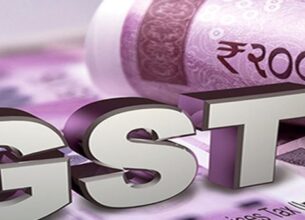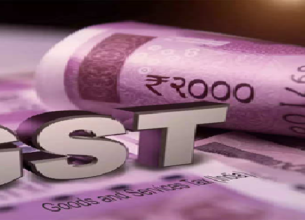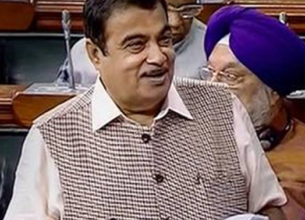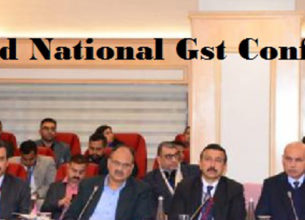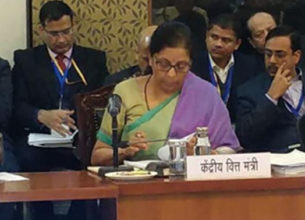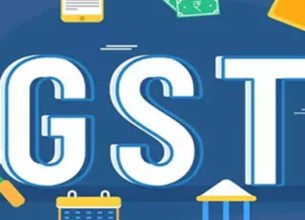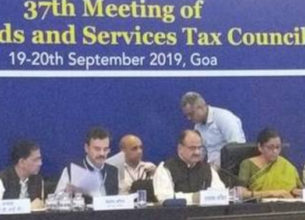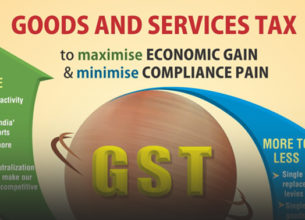Extending the GST Compensation
07, Jan 2022
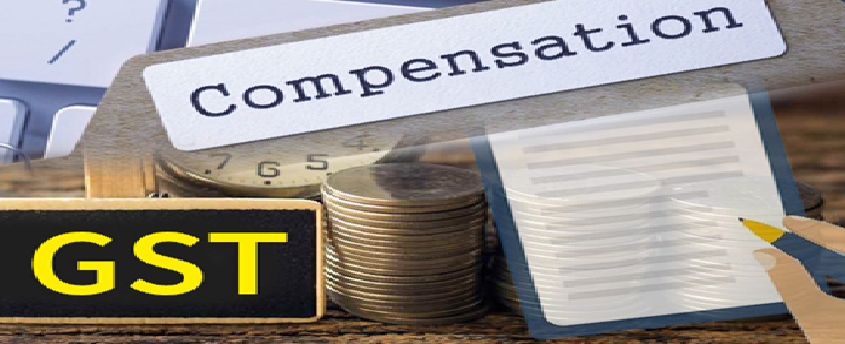
Prelims level : Taxes and Taxation
Mains level : GS-II Functions and responsibilities of the Union and the States, issues and challenges pertaining to the federal structure, devolution of powers and finances up to local Levels and Challenges therein.
Why in News?
- Finance Ministers of several States have demanded that the GST compensation scheme be Extended beyond June 2022.
What’s the Issue?
- The adoption of GST was made possible by States ceding almost all their powers to impose local-level indirect taxes and Agreeing to let the prevailing multiplicity of imposts be Subsumed into the GST.
- This was agreed on the condition that revenue shortfalls arising from the transition to the new indirect taxes regime would be made good from a pooled GST Compensation Fund for a period of five Years that is set to end in June 2022.
Need for Extension:
- Citing the impact of the COVID-19 pandemic on the overall economy and more specifically States’ revenues, the States including Tamil Nadu, Kerala, West Bengal, Rajasthan and Chhattisgarh stressed that while their revenues had been adversely impacted by the introduction of GST, the hit from the pandemic had pushed back any possible rebound in revenue especially at a time when they had been forced to spend substantially more to address the public health emergency and its socio-economic fallout on their residents.
What is the GST Compensation?
- The Constitution (One Hundred and First Amendment) Act, 2016, was the law which created the mechanism for levying a common nationwide Goods and Services Tax (GST).
- While States would receive the SGST (State GST) component of the GST, and a share of the IGST (integrated GST), it was agreed that revenue shortfalls arising from the transition to the new indirect taxes regime would be made good from a pooled GST Compensation Fund for a period of five years that is currently set to end in June 2022.
How is the GST Compensation Fund funded?
- This corpus is funded through a Compensation cess that is levied on so-called ‘demerit’ Goods.
- The items are pan masala, Cigarettes and tobacco products, aerated water, caffeinated Beverages, Coal and certain Passenger motor vehicles.
Computation of the Shortfall:
- The computation of the shortfall is done annually by projecting a revenue assumption based on 14% compounded growth from the base year’s (2015-2016) revenue and calculating the difference between that figure and the actual GST collections in that year.
Can the deadline be Extended? If so, how?
- The deadline for GST compensation was set in the original legislation and so in order to extend it, the GST Council must first recommend it and the Union government must then move an amendment to the GST law allowing for a new date beyond the June 2022 deadline at which the GST compensation scheme will come to a close.



